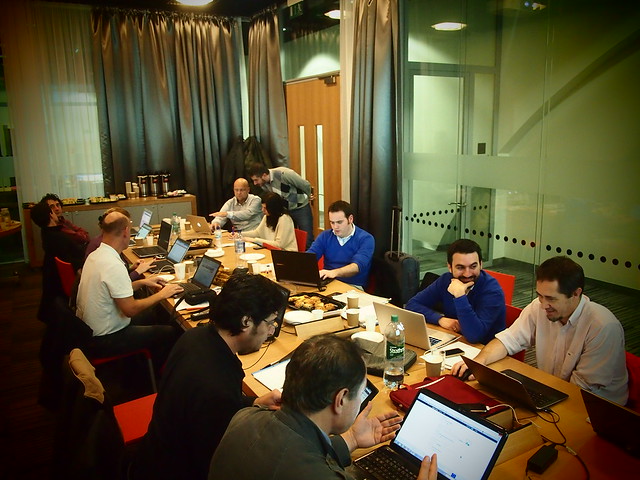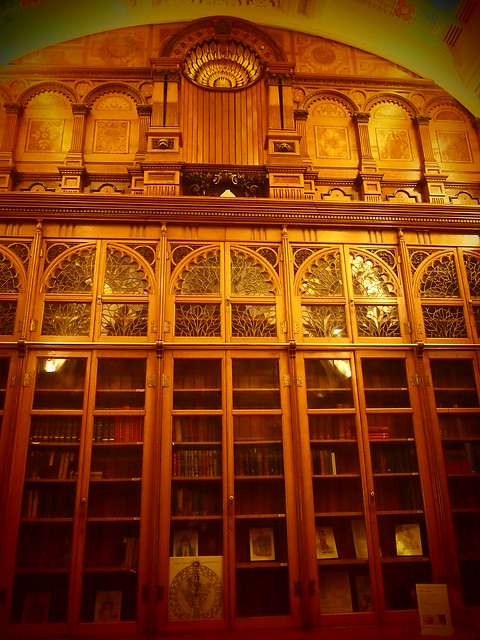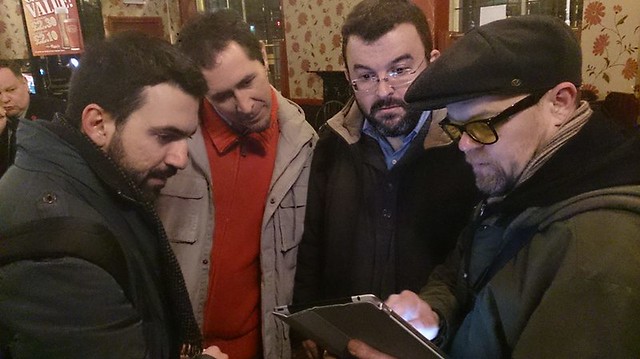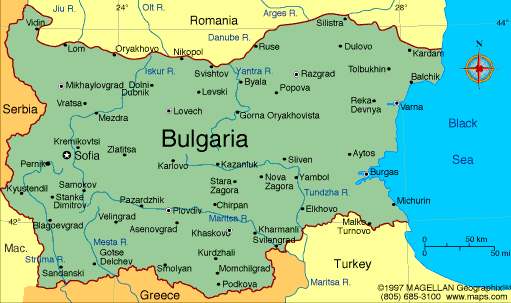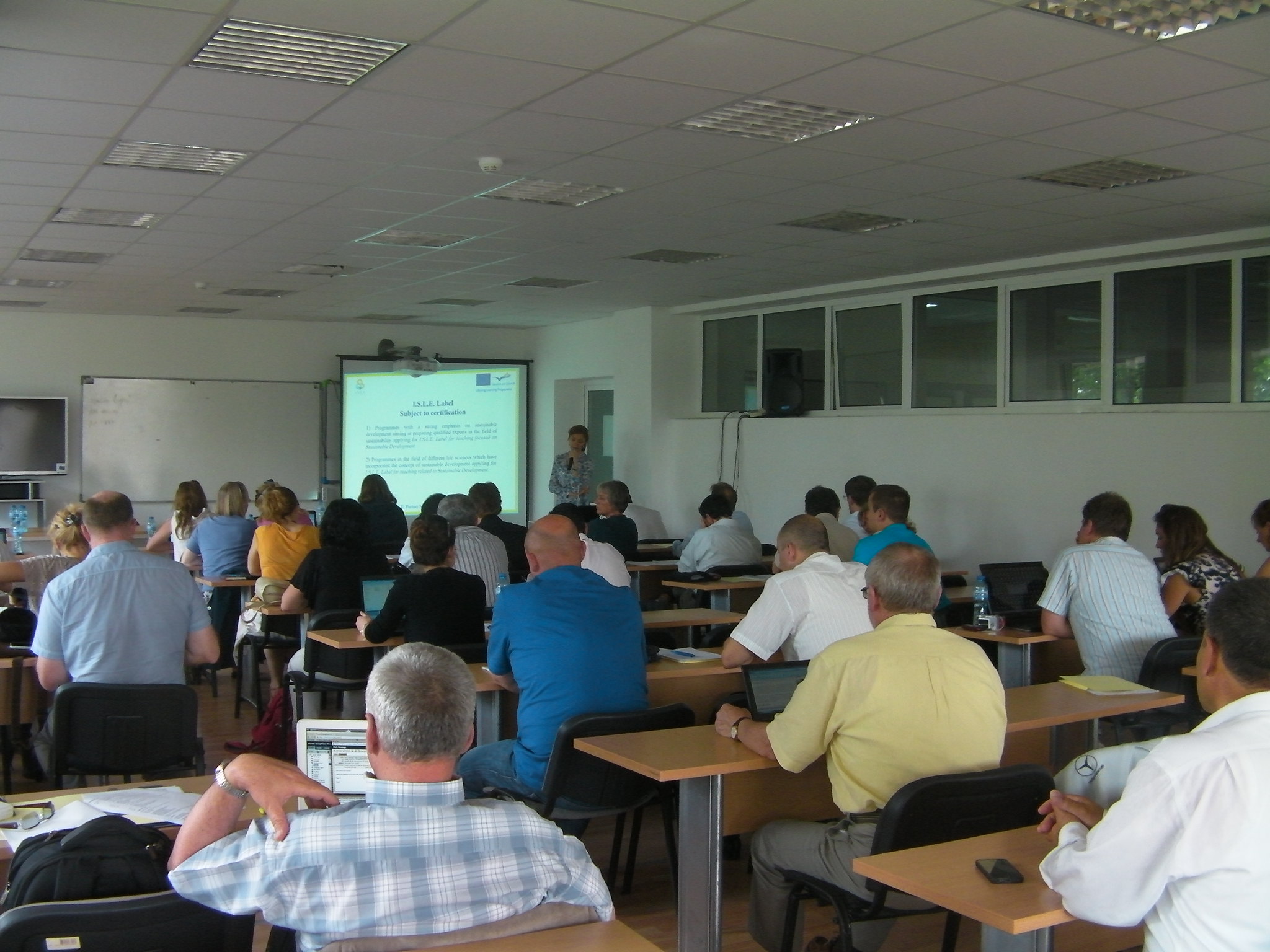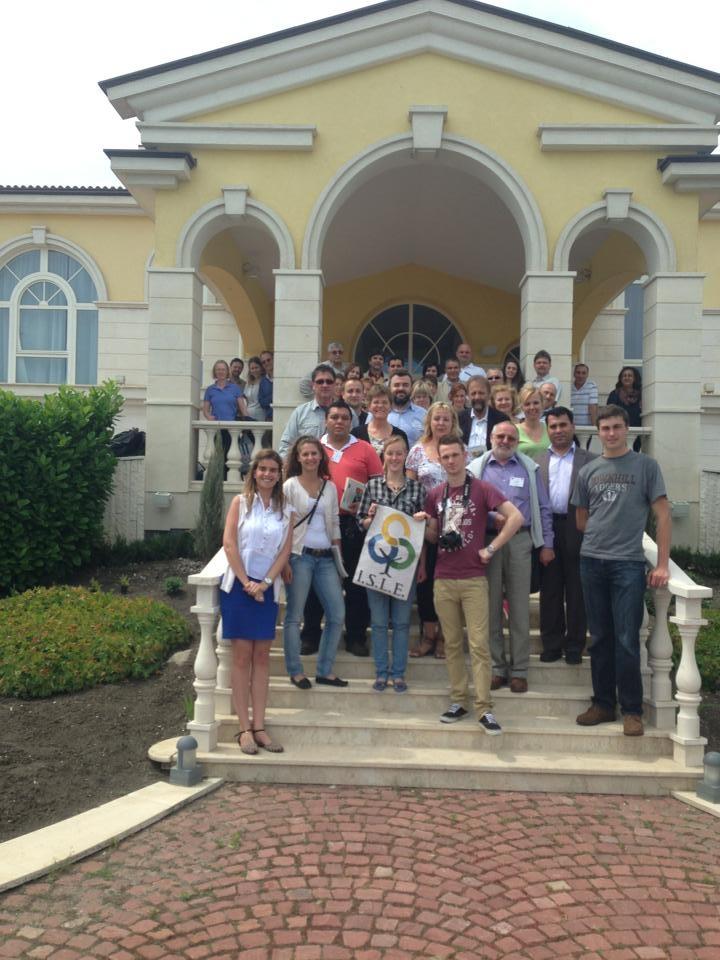Today I was supposed to fly from Athens to Paris, then get the train to Dijon, settle in my hotel room, grab something to eat and finalize my preparations for the IPM Decisions Annual Meeting. Instead, I am sitting at my living room, working from home almost since early March due to COVID-19.
Flights to Paris and back were early booked, transportation to and from Dijon was carefully planned...damn, I even planned my meals based on TripAdvisor and walks around Dijon (it would be my first time). But apart from the trip itself, it would be my first participation in a project meeting after a really long time.
I only wish that there will be another opportunity in the near future.
You can learn more about IPM Decisions on the CORDIS Portal.
Flights to Paris and back were early booked, transportation to and from Dijon was carefully planned...damn, I even planned my meals based on TripAdvisor and walks around Dijon (it would be my first time). But apart from the trip itself, it would be my first participation in a project meeting after a really long time.
The IPM Decisions project will create an online platform that is easy to use for the monitoring and management of pests. The platform will be available across the EU with DSS, data, tools and resources tailored to individual regions.I miss traveling and I miss project meetings. Visiting new places and meeting new people. Walking around unknown roads and working on innovative ways to collaborate in order to fulfill a project's requirements.
I only wish that there will be another opportunity in the near future.
You can learn more about IPM Decisions on the CORDIS Portal.



 The 7th (and final) project meeting of Organic.Lingua took place between 15-17 of January 2014 at the lovely premises of the newly built
The 7th (and final) project meeting of Organic.Lingua took place between 15-17 of January 2014 at the lovely premises of the newly built 